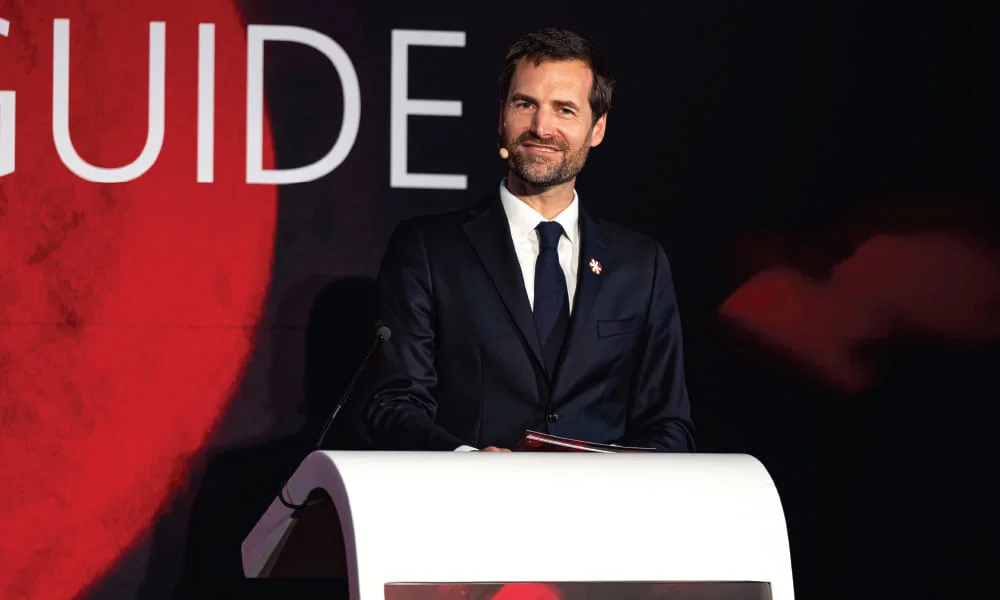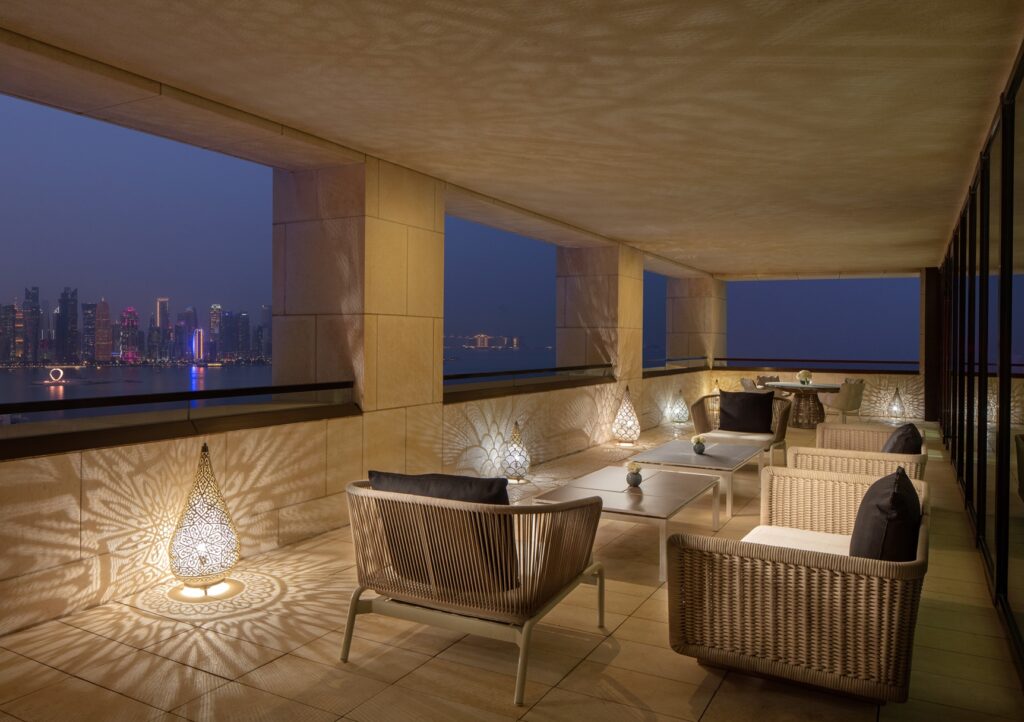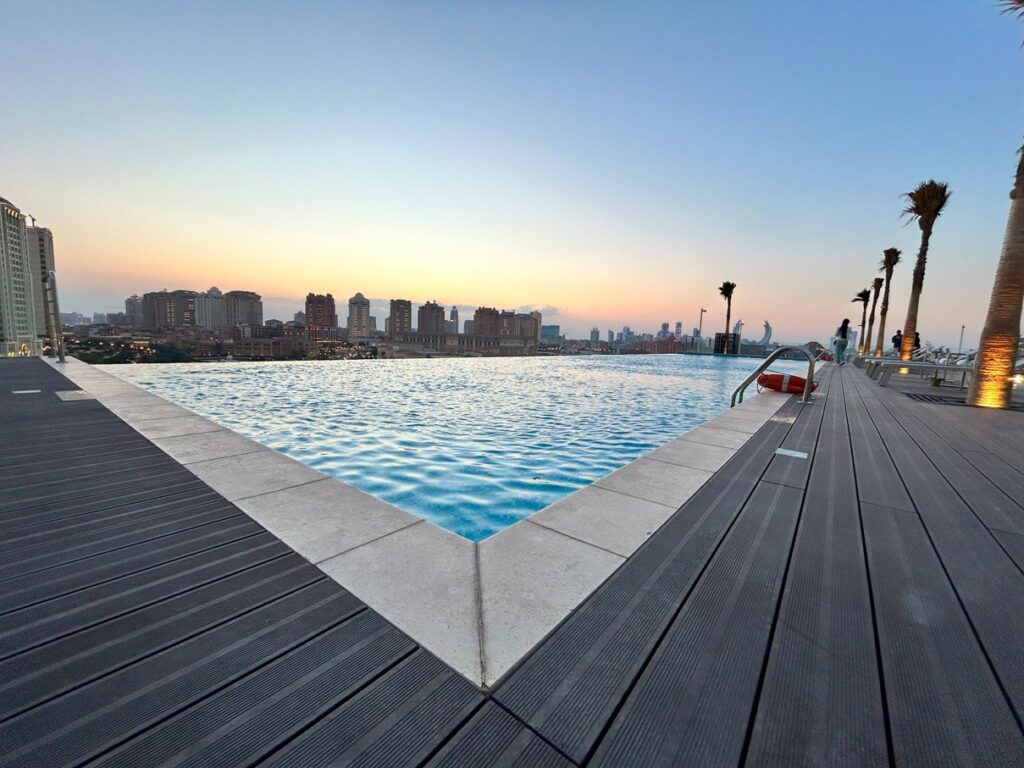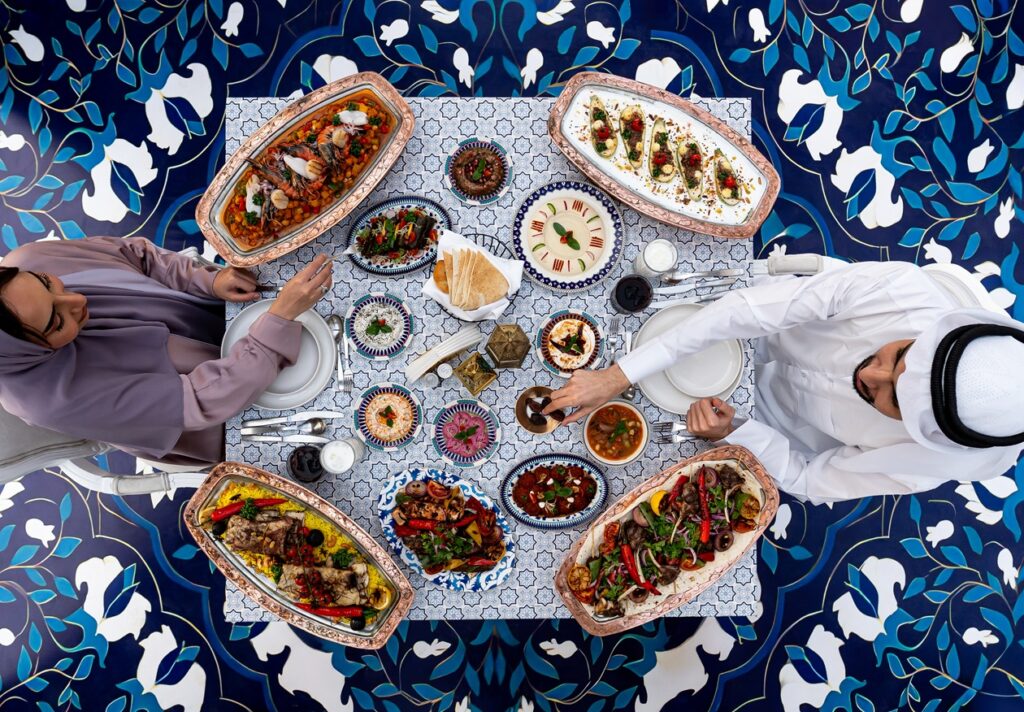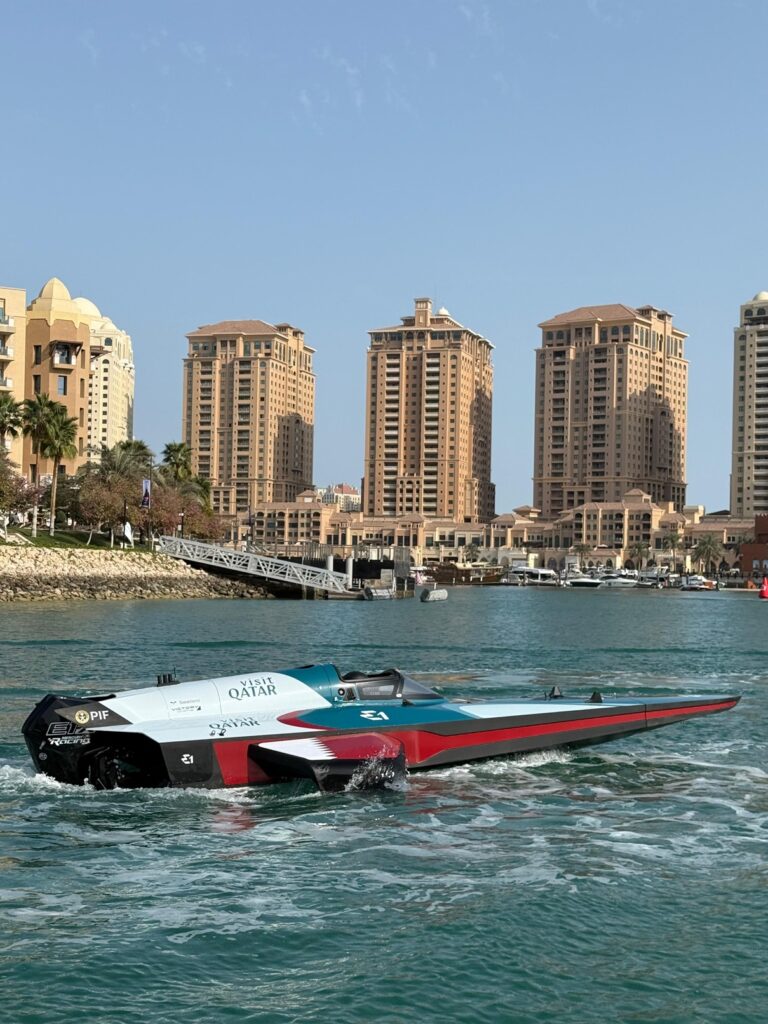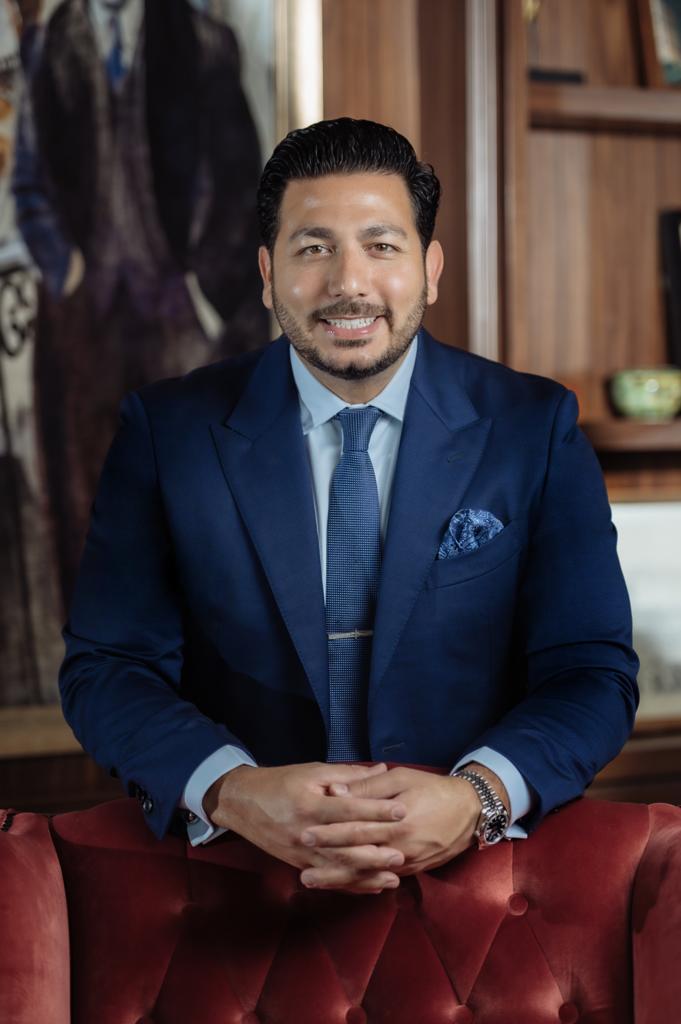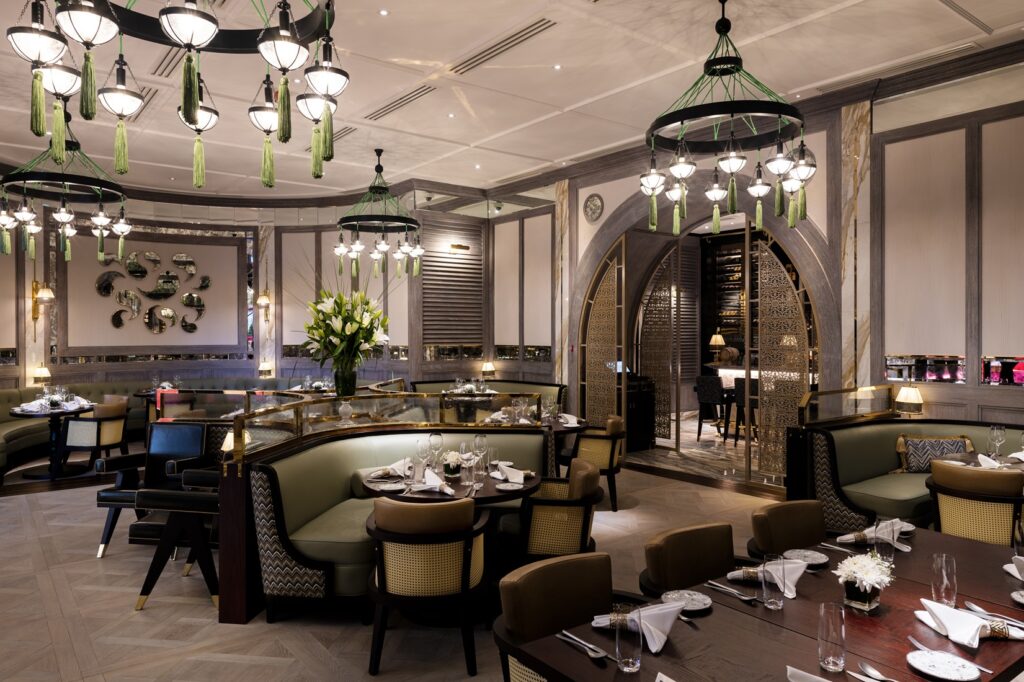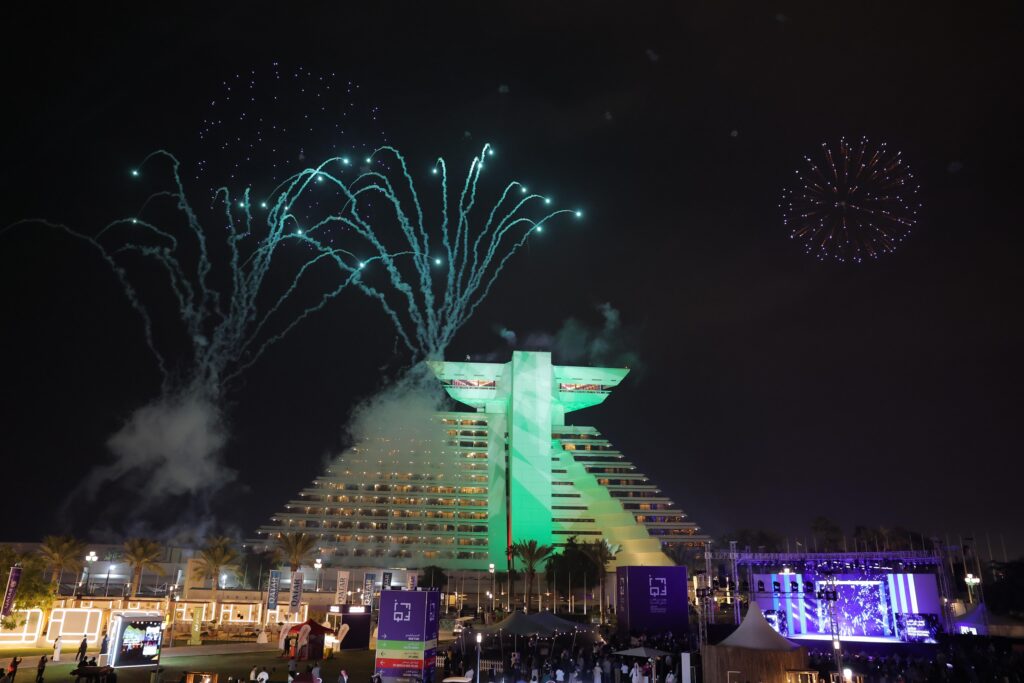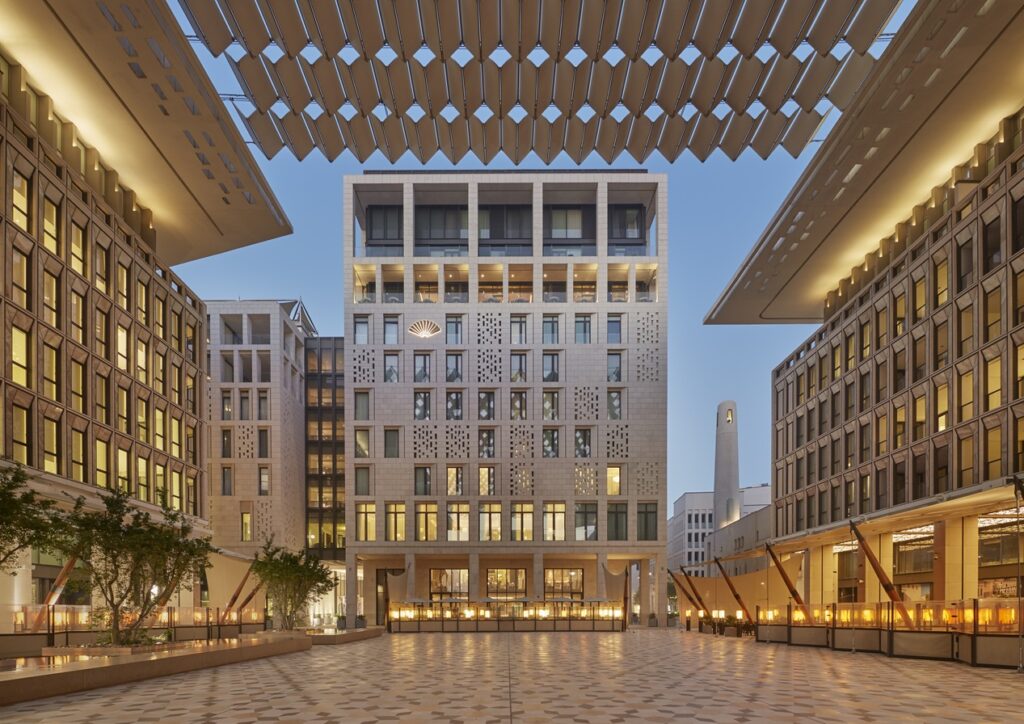Gwendal Poullennec, international director, The MICHELIN Guides, in conversation with Qatar Happening talks us through his own professional journey, Doha’s bustling food scene and the roadmap that any restaurant aspiring to be Michelin starred needs to follow.
QH: Take us through your professional journey. What induced you to join this industry?
Poullennec: I joined the Michelin group in 2003 after leaving ESSEC Business School in France. I have spent more than the past decade in charge of the international deployment of the MICHELIN Guides in the US and Asia. I’ve also worked on the MICHELIN Guides launches in New York, San Francisco, Tokyo, Hong Kong, Kyoto and more recently Bangkok and Taipei.
I was appointed general secretary of the Guides in 2014, and developed our digital strategy, products and interfaces while accelerating the internationalisation of the Guides. Today, as the international director of the MICHELIN Guides, I’m in charge of ensuring its sustainable development in more than 40 destinations, as well as reinforcing its footprint not only in terms of restaurant recommendations, but also in terms of hotel ones.
All through this rich tapestry of my professional journey, I have been committed to embody the MICHELIN Group’s core values: generosity, passion for innovation and excellence, as well as the independence.
QH: How have you witnessed the industry change and evolve at the global level?
Poullennec: Each destination has its own characteristics. Every city’s culinary scene sees the vitality, passion, and creativity constantly surprising the market. Not to mention that renowned chefs are increasingly opening restaurants around the world, coupled with a new generation of local chefs emerging with a growing customer base.
From the investment, we see many new restaurants open, the blooming of food & beverage scene – guest chefs graduating from one country to another, variety of choices and experiences that have elevated them to make them appreciate the way it has never been before.
The locavore movement, or the use of locally-sourced ingredients is becoming the true star of global foodscape. The trend indicates each destination’s rich diversity and high quality of local produce.
Sustainable practices have been a very excellent trend in the industry as well. Many restaurants hold themselves accountable for their environmental standards, and work with sustainable producers and suppliers to avoid waste and reduce or even remove plastic and other non-recyclable materials from their supply chain, among other inspiring initiatives.
QH: What is your view of the Qatari hospitality industry and what does it need to do to take an extra step forward in the coming five years?
Poullennec: These past few years, our MICHELIN inspectors have been keeping a watchful eye on Doha’s culinary evolution and continue to relish the wonderful diversity that this fast-paced city has to offer. Whether enjoying coffee on the Corniche, wandering around The Pearl-Qatar, having lunch by the waterside in Lusail, or dining after a mesmerising visit to the Museum of Islamic Art or in the dynamic, regenerated Msheireb Downtown Doha, our inspectors have truly experienced it all.
Middle Eastern, Japanese, Peruvian, or fused Nikkei style, Indian and Chinese to name a few, the choice here is endless and doubtlessly certain to appeal to the avid global gastronomic traveller.
QH: With your wide experience across regions, what would be your word of advice to Qatari hospitality captains?
Poullennec: At the MICHELIN Guides, we refrain from engaging in consulting services to ensure impartiality in our evaluations of restaurants. Our aim is to avoid any potential influence on chefs and their teams. Each restaurant featured in our guide presents unique flavours, culinary techniques, and ingredients, making it clear that there is no singular path to earning a MICHELIN star. Integral to our inspection methodology is the consideration of the chef’s personality as conveyed through their culinary creations.
To assess the quality of a restaurant, inspectors rely on five criteria which only focus on the quality of the food, and never take into consideration the standing of a restaurant or its service : quality of the ingredients; mastery of cooking; harmony of the flavors; expression of the chef’s personality in the cuisine; and consistency, both over time and across the entire menu. To keep it short: never cook for the Guide. Cook with passion, please your guests, every day, and our inspectors will know how to find you.


